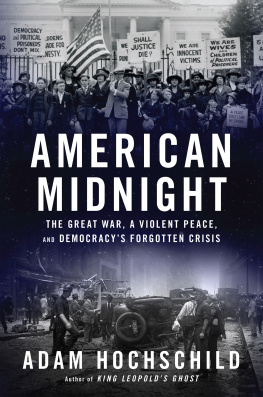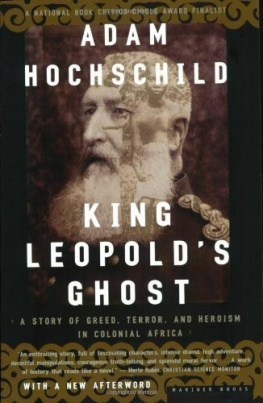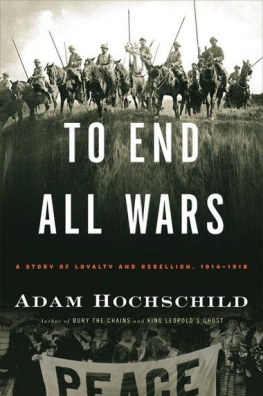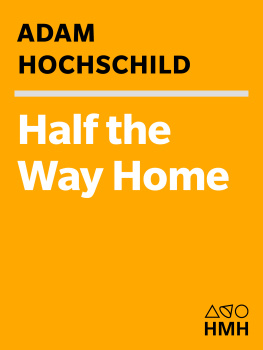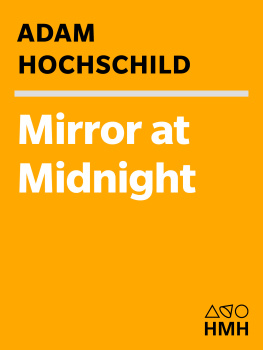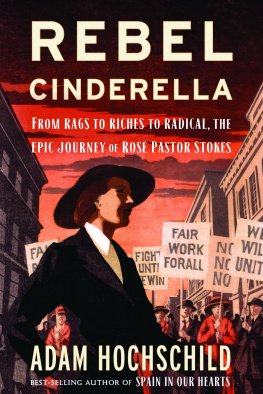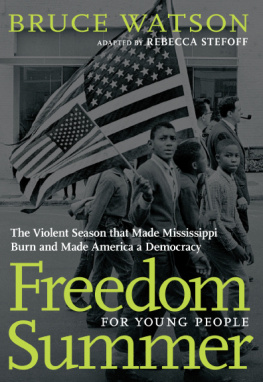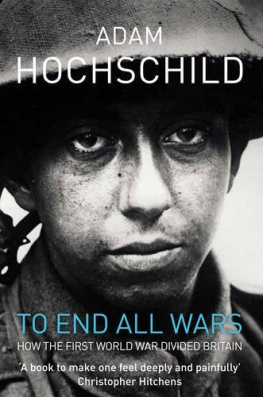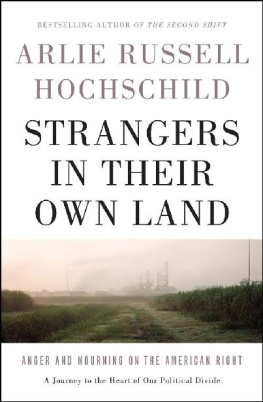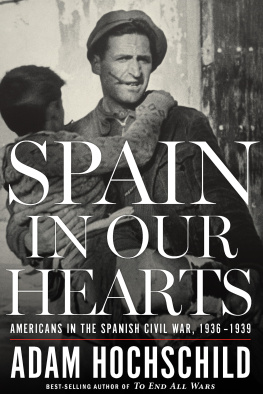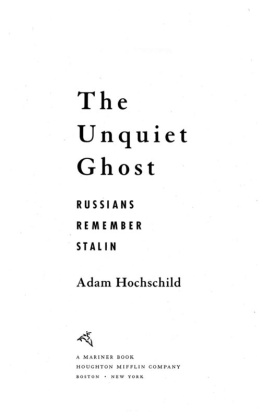Adam Hochschild - American Midnight: The Great War, a Violent Peace, and Democracys Forgotten Crisis
Here you can read online Adam Hochschild - American Midnight: The Great War, a Violent Peace, and Democracys Forgotten Crisis full text of the book (entire story) in english for free. Download pdf and epub, get meaning, cover and reviews about this ebook. City: Boston, year: 2022, publisher: Mariner Books, genre: History. Description of the work, (preface) as well as reviews are available. Best literature library LitArk.com created for fans of good reading and offers a wide selection of genres:
Romance novel
Science fiction
Adventure
Detective
Science
History
Home and family
Prose
Art
Politics
Computer
Non-fiction
Religion
Business
Children
Humor
Choose a favorite category and find really read worthwhile books. Enjoy immersion in the world of imagination, feel the emotions of the characters or learn something new for yourself, make an fascinating discovery.
- Book:American Midnight: The Great War, a Violent Peace, and Democracys Forgotten Crisis
- Author:
- Publisher:Mariner Books
- Genre:
- Year:2022
- City:Boston
- Rating:4 / 5
- Favourites:Add to favourites
- Your mark:
American Midnight: The Great War, a Violent Peace, and Democracys Forgotten Crisis: summary, description and annotation
We offer to read an annotation, description, summary or preface (depends on what the author of the book "American Midnight: The Great War, a Violent Peace, and Democracys Forgotten Crisis" wrote himself). If you haven't found the necessary information about the book — write in the comments, we will try to find it.
Selected as one of the most anticipated books of Fall 2022 by the New York Times, Boston Globe, Los Angeles Times and Chicago Tribune
From legendary historian Adam Hochschild, a groundbreaking reassessment of the overlooked but startlingly resonant period between World War I and the Roaring Twenties, when the foundations of American democracy were threatened by war, pandemic, and violence fueled by battles over race, immigration, and the rights of labo
A riveting, resonant account of the fragility of freedom.Kirkus, STARRED review
The nation was on the brink. Mobs burned Black churches to the ground. Courts threw thousands of people into prison for opinions they voicedin one notable case, only in private. Self-appointed vigilantes executed tens of thousands of citizens arrests. Some seventy-five newspapers and magazines were banned from the mail and forced to close. When the government stepped in, it was often to fan the flames.
This was America during and after the Great War: a brief but appalling era blighted by lynchings, censorship, and the sadistic, sometimes fatal abuse of conscientious objectors in military prisonsa time whose toxic currents of racism, nativism, red-baiting, and contempt for the rule of law then flowed directly through the intervening decades to poison our own. It was a tumultuous period defined by a diverse and colorful cast of characters, some of whom fueled the injustice while others fought against it: from the sphinxlike Woodrow Wilson, to the fiery antiwar advocates Kate Richards OHare and Emma Goldman, to labor champion Eugene Debs, to a little-known but ambitious bureaucrat named J. Edgar Hoover, and to an outspoken leftwing agitatorwho was in fact Hoovers star undercover agent. It is a time that we have mostly forgotten about, until now.
InAmerican Midnight, award-winning historian Adam Hochschild brings alive the horrifying yet inspiring four years following the U.S. entry into the First World War, spotlighting forgotten repression while celebrating an unforgettable set of Americans who strove to fix their fractured countryand showing how their struggles still guide us today.
Adam Hochschild: author's other books
Who wrote American Midnight: The Great War, a Violent Peace, and Democracys Forgotten Crisis? Find out the surname, the name of the author of the book and a list of all author's works by series.

